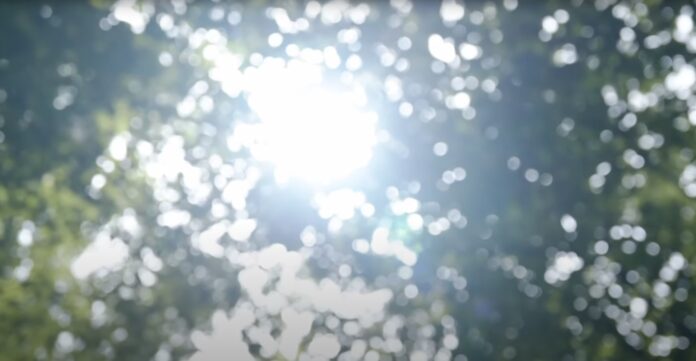Walking around a blind switchback and seeing a big bear standing right in the middle of a trail?
Spooky.
Hearing the signature scream of a mountain lion late at night?
Also spooky.
Feeling the hot sun beat down on your neck?
Not spooky. Yet, that very sun is a much greater cause for concern on the trail than any of our four-legged friends might otherwise be. Or rather, it's a greater cause for concern that pretty much anything.
All too often, hikers feel the effects of direct exposure to hot sunlight and choose to carry on, leading to increasing cases of heat exhaustion and heat stroke around the country. Let's take a moment to dive into these concerns, understand the symptoms of heat stroke and heat exhaustion, and learn how to prevent them before they are even an issue.
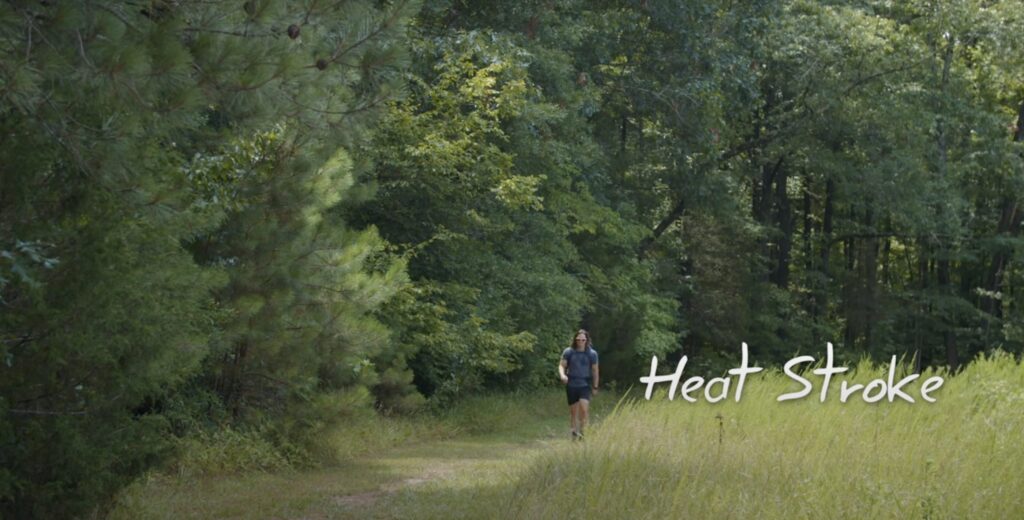
The Real Danger: Heat-Related Illnesses
You may think that deadly blizzards or flash floods are the most dangerous weather events for those in the outdoors, but according to the World Meteorological Organization, extreme heat has the highest mortality rate of any extreme weather event. Heat-related deaths are often underreported, meaning the actual risk might be even higher than we realize.
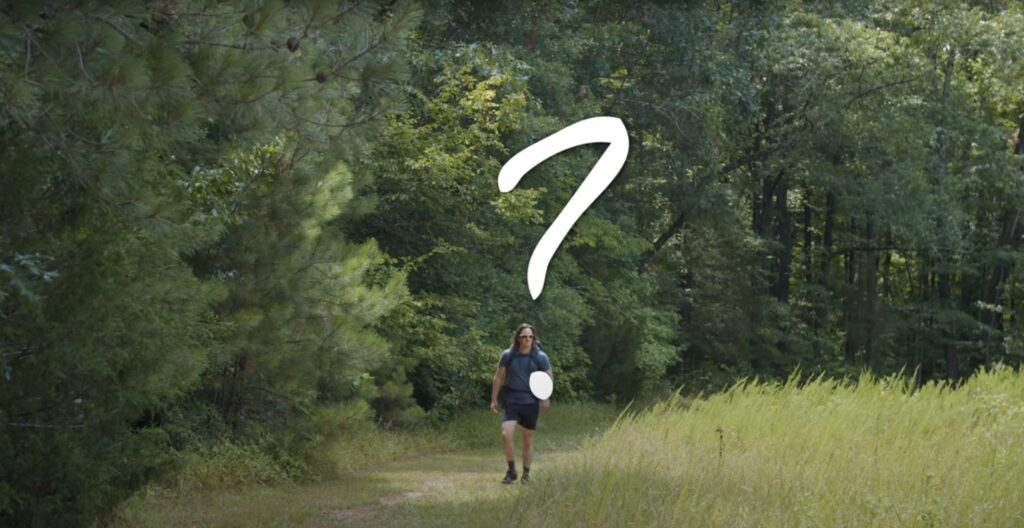
Understanding Heat Exhaustion and Heat Stroke
People often confuse heat exhaustion and heat stroke with one another, however there is a significant difference between the two. Heat exhaustion, though extremely dangerous, is only the precursor to heat stroke. Heat exhaustion occurs when your body temperature rises due to environmental heat or physical exertion. Those who spend time exerting themselves outside are especially at risk. Think hikers, distance runners, construction workers, and athletes.
A few things to look out for are skin tingling, nausea and vomiting, dizziness and headaches, irritability and fatigue, and excessive sweating. These can be early warning signs that danger is on it's way!
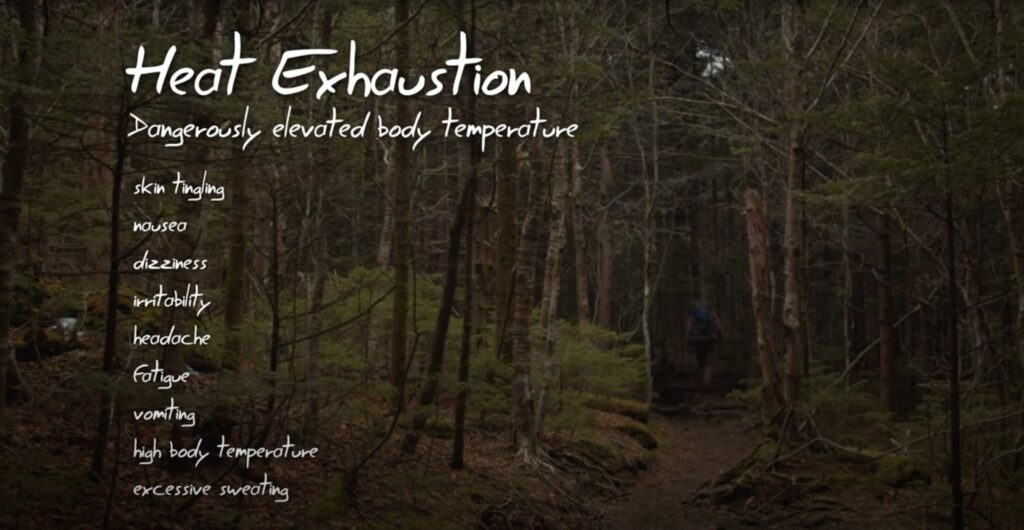
If heat exhaustion isn’t addressed promptly, it can escalate to heat stroke, a severe condition marked by a body temperature over 104°F. Heat stroke can lead to multiple organ dysfunction, seizures, kidney failure, and even death. Early symptoms include: sudden behavioral changes, confusion and delirium, dizziness, weakness, agitation and combativeness, slurred speech, and nausea.
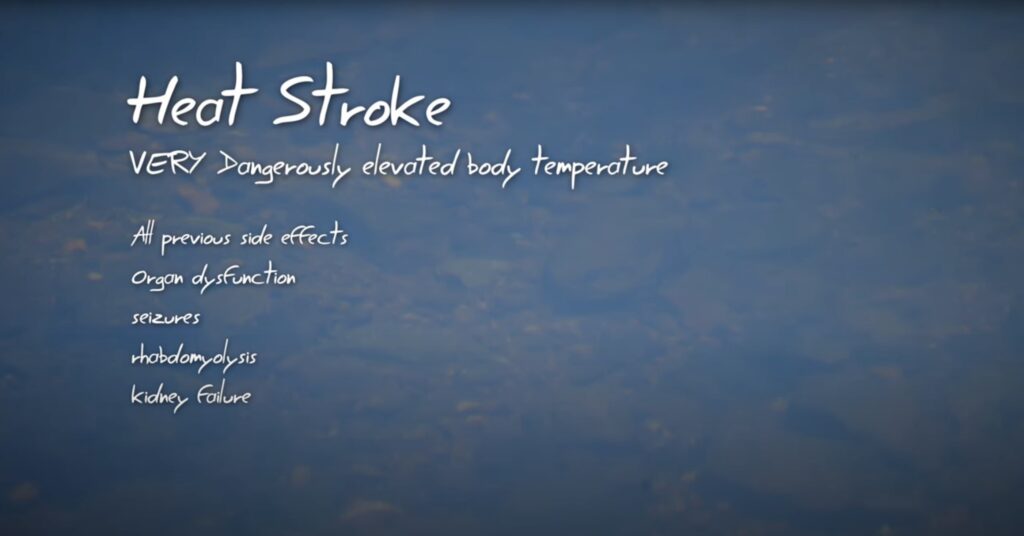
You can imagine how significant cognitive impairment would be a danger to someone in the wilderness, but this danger is SIGNIFICANTLY compounded by the fact that those affected are operating on the clock!
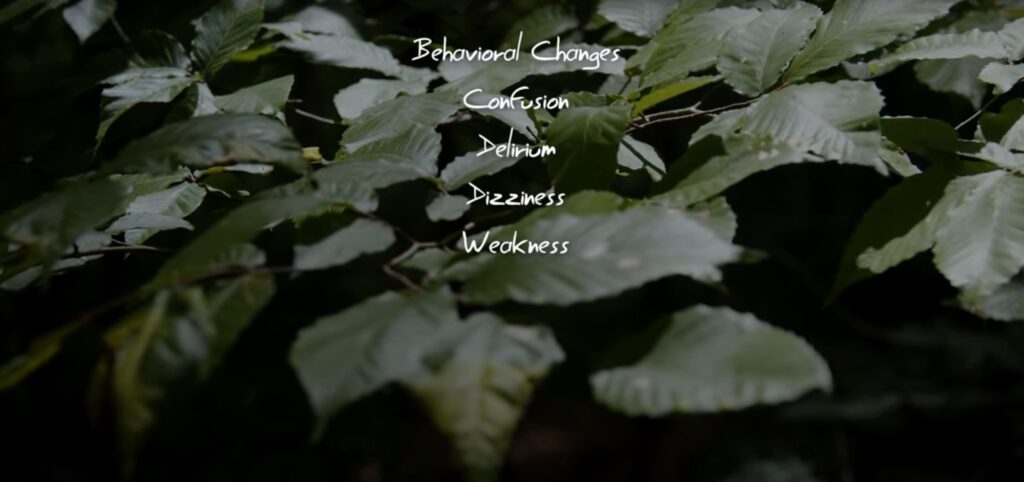
Preventing Heat-Related Illnesses
Prevention is key when it comes to heat exposure! Here are some tips to help make sure that you don't wind up in a sticky situation.
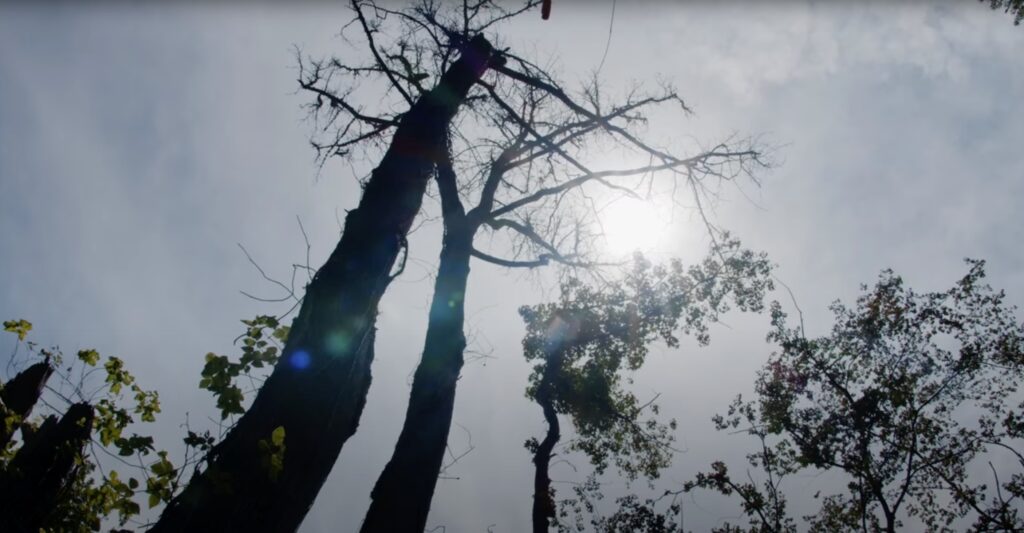
- Stay Hydrated: Carry more water than you think you’ll need. Dehydration can set in quickly, and it’s better to have extra water than to run out.
- Dress Appropriately: Wear a thin, long-sleeve hiking shirt and a wide-brimmed hat to protect yourself from UV rays. It might seem counterintuitive, but covering up can help keep you cooler.
- Take Breaks: Find shade, rest frequently, and avoid hiking during the hottest parts of the day.
- Listen to Your Body: If you start feeling dizzy, nauseous, or overly fatigued, stop immediately. These are warning signs that your body is overheating.
- Know the Symptoms: Familiarize yourself with the symptoms of heat exhaustion and heat stroke so you can act quickly if you or someone else starts showing signs.
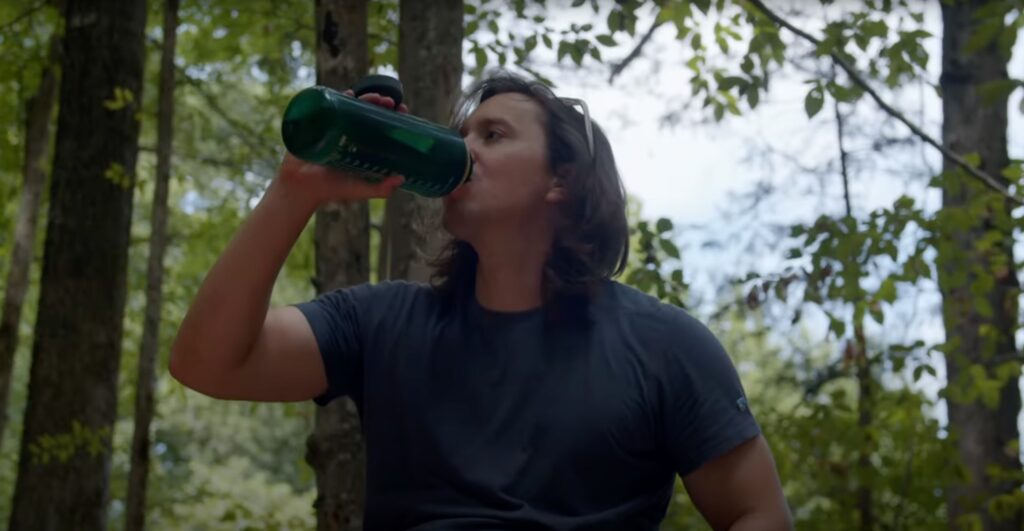
What to Do if Heat Exhaustion or Heat Stroke Strikes
If you or someone else experiences symptoms of heat exhaustion or heat stroke:
- Find Shade: Get out of the sun and into a cooler area.
- Cool Down: Remove unnecessary clothing, apply cool water to the skin, and fan the person.
- Hydrate: Offer sips of water! You want to hydrate AND cool the person down internally.
- Seek Medical Help: Seek medical assistance immediately.
Heat-related illnesses can be deadly, but with the right precautions and a quick response, they are preventable. Stay safe out there, respect the power of the sun, and enjoy your hikes responsibly!
Mike Fink



